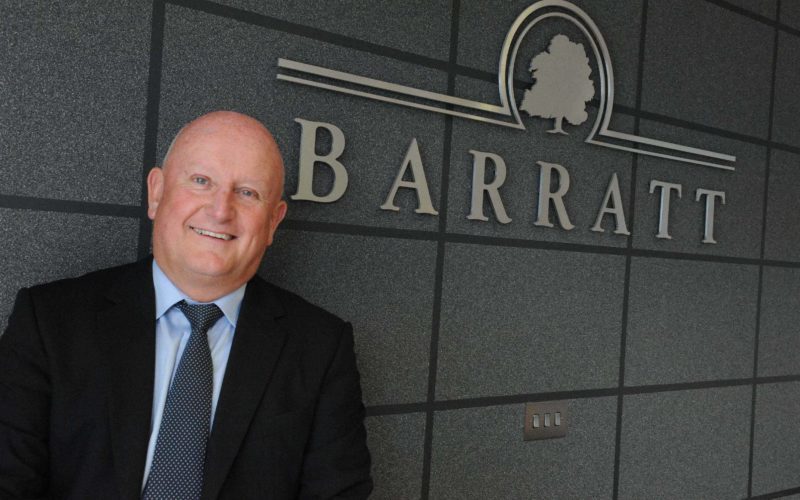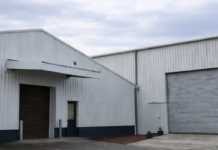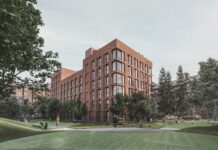
BARRATT Developments has reported a 21% drop in revenue for the financial year ended 30 June 2024, from £5,321.4 million to £4,168.2 million.
Pre-tax profit is down almost 76% for the same period, from £705.1 million to £170.5 million.
Total home completions for the year reached 14,004, which Barratt said was at the ‘upper end’ of its expected range for the year, but 18.6% lower than in financial year 2023, reflecting the ‘lower private order book’ entering the year and ‘lower average outlet numbers’ during the year.
The business highlighted a ‘strong’ balance sheet, with net cash at 30 June, 2024 of £868.5 million after dividend payments of £270.6 million, legacy properties remediation spend of £91.5 million, and a further reduction in land creditors.
In terms of current trading, Barratt entered Financial Year 2025 with a ‘solid’ forward sales position and said that whilst the housing market remains ‘subdued’ due to affordability constraints, the business welcomes the proposed reforms of the planning system as key to unlocking economic growth and tackling the undersupply of new homes.
Douglas McLeod, regional MD of Barratt Developments Scotland, said, “We are pleased to have delivered total home completions at the upper end of our expectations for the year, despite the challenging backdrop. I am grateful to our skilled and dedicated teams of employees, sub-contractors and suppliers for continuing to deliver high quality homes that people want to live in.
“We were delighted to complete the acquisition of Redrow plc in August and are now working constructively with the CMA to finalise competition clearance so that we can begin the integration process.
“Whilst demand continues to be sensitive to mortgage affordability, and reduced land buying activity during the past two years has had a near-term impact on the number of outlets we are operating from, we are well-positioned to meet the strong underlying demand for new homes of all tenures in Scotland and across the UK. We welcome the government’s proposed reforms of the planning system as one of the key levers to increase housebuilding, drive economic growth and tackle the chronic undersupply of high-quality, sustainable homes.”








